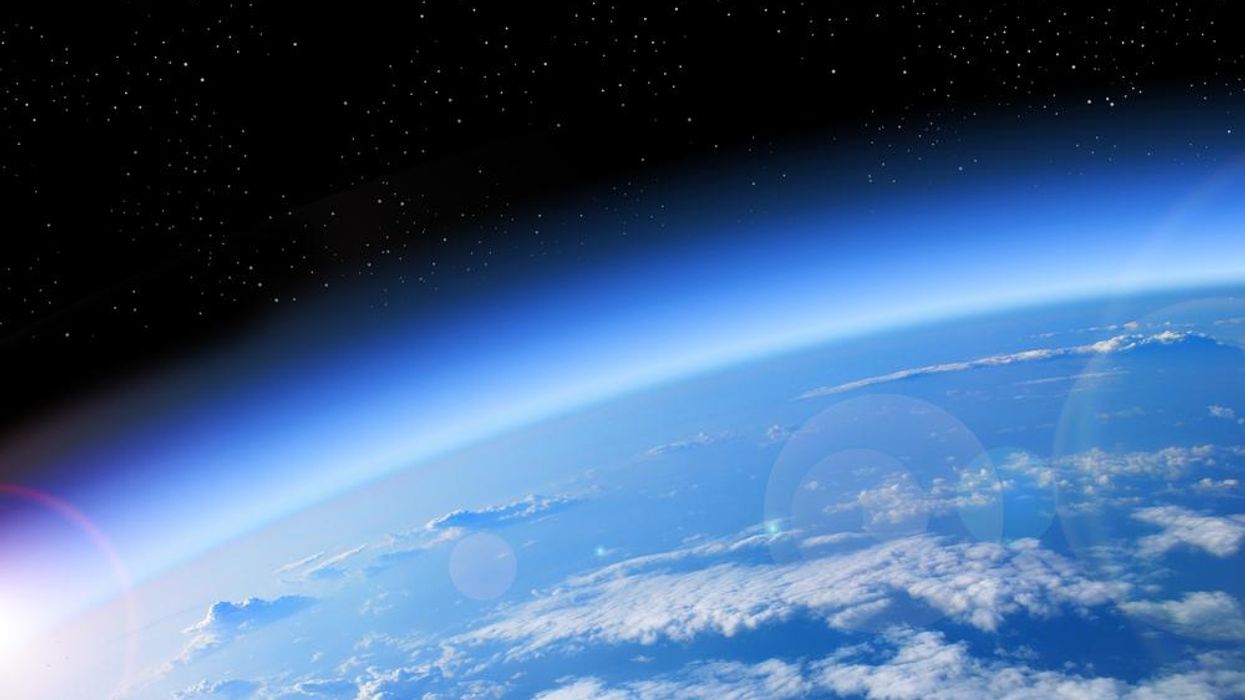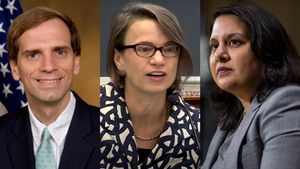A new report from United Nations scientists has revealed that the ozone layer is continuing to heal itself, and could be completely repaired in a matter of decades.
The ozone layer is a thin layer of Earth's atmosphere that absorbs nearly all of the sun's damaging ultraviolet light. In the 1970s, scientists found that greenhouse gases had depleted the protective particles and created a hole in the ozone, making UV rays more intense on the planet's surface. The most notable hole in the ozone sits above Antarctica, spanning an average area of 23.2 million square kilometers.
The UN report released Monday found that the ozone is on track to repair itself to 1980s levels by 2040, with the hole over Antarctica closed by 2066.
World Meteorological Organization Secretary General Petteri Taalas said via The Washington Post that the news was a major step forward in the fight against climate change.
“Ozone action sets a precedent for climate action," Taalas explained. "Our success in phasing out ozone-eating chemicals shows us what can and must be done — as a matter of urgency — to transition away from fossil fuels, reduce greenhouse gases, and to limit temperature increase.”
Scientists praised the development as a direct result of the 1987 Montreal Protocol, a global agreement to phase out production of ozone-depleting substances. The ordinance was adopted by every country in the world, outlawing the production of chlorofluorocarbons (CFCs), a form of chlorine once used in refrigerators, air conditioners, and aerosol cans. It was expanded in 2016 to include CFC replacement hydrofluorocarbons (HFCs), a slightly less harmful alternative.
Even with the chemicals no longer in use, their particles linger in the ozone layer, and will likely remain there for decades. David Fahey, a scientist at National Oceanic and Atmospheric Administration and lead author on the UN report, told The Guardian“it’s a bit like waiting for paint to dry. You just have to wait for nature to do its thing and flush out these chemicals."
Fahey also praised the Montreal Protocol for its significant role in the global fight against climate change. He said that the agreement could be considered “the most successful environmental treaty in history and offers encouragement that countries of the world can come together and decide an outcome and act on it."
- Shocker, Most Middle Schoolers Learn Next to Nothing About Climate Change ›
- Congress Pledges $1 Billion to Countries Impacted by Climate Change ›
- How Does Climate Change Affect Gun Violence? ›
- How Women of Color Are Bearing the Brunt of Climate Change ›
- Climate Change Disproportionately Impacts Latino Communities ›
- Wealthy Nations Create Fund for Climate Change Damages ›


















































